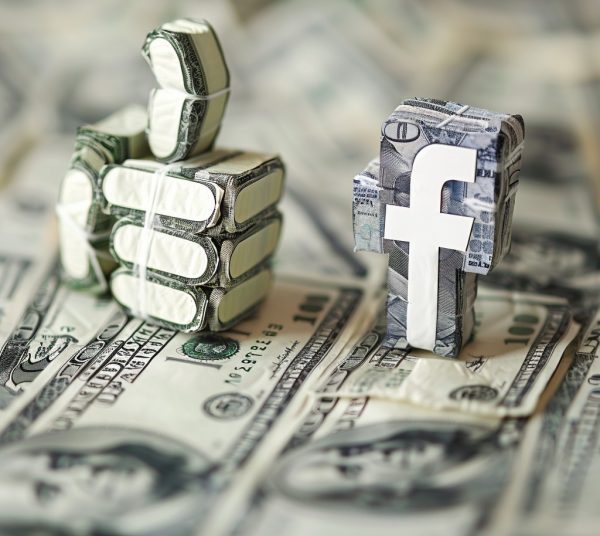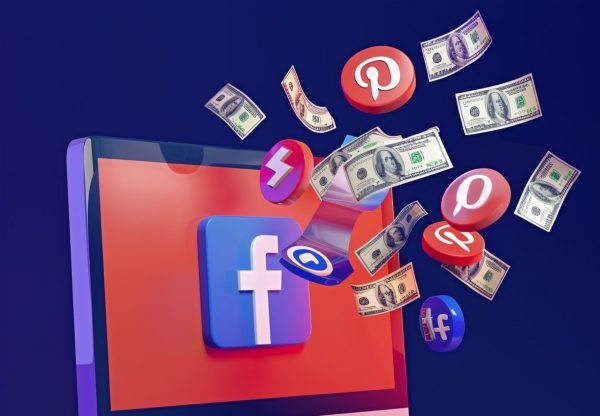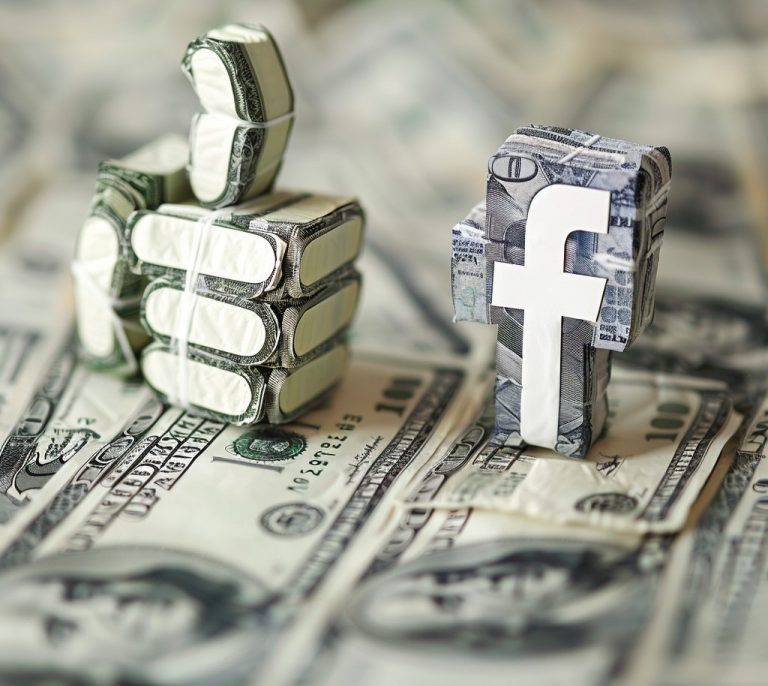In our article, we present our exploration of digital marketing. Breaking down its various types and examining social media marketing in more detail. It will show the similarities and differences between the two approaches. It will also find which strategy best fits your business goals.
Our guide has valuable insights for you, even if you’re an expert or a beginner. It will guide you to make informed decisions.
Digital Marketing Vs Social Media Marketing

What is Digital Marketing?
Digital marketing includes online methods to promote products or services via digital channels. In today’s fast-paced online world, you must use digital marketing. It will boost your online presence, attract your target audience, and drive conversions.
- SEO
- Content marketing
- PPC (pay-per-click)
- Email campaigns
- Social Media Marketing
- Influencer partnership
Digital marketing builds brand awareness and acquires new customers.
What are the Different Types of Digital Marketing?
Digital marketing is a toolbox. It has tools to engage an audience online and boost your brand’s visibility.
You’ve got SEO for sweet organic reach and content marketing for stories.
PPC is used for quick traffic hits, and email marketing is used for direct engagement. Social media marketing and influencer partnerships are vital. They build brand loyalty and target your audience.
Each of our mentioned strategies is unique in creating a well-rounded online presence. For example, SEO doesn’t just aim to raise your search rankings. It also wants potential customers to find your content organically.
Content marketing draws people in with emotionally resonating stories, leading to better engagement.
On the other hand, PPC campaigns are best for quick visibility at peak interest. They’re great for driving traffic.
Email marketing facilitates that you connect with people through personalized content. It guarantees your messages reach the right audience.
Also, social media boosts brand awareness and builds a community around shared values.
Collaborating with influencers takes your reach and credibility to the next level.

What is Social Media Marketing?
Social media marketing uses social networks to promote your brand, engage your audience, and drive traffic to your website. It’s about creating content that speaks to your followers. Use different social media platforms to boost your brand and build a community.
Use innovative strategies to improve your marketing and acquire customers. Try demographic targeting and social listening.
What are the Different Social Media Platforms Used for Marketing?
Social media platforms are powerful marketing tools. Each caters to different demographics and engagement styles.
❗ Platforms such as:
- TikTok
- Snapchat
Open up opportunities for paid advertising, influencer marketing, and organic reach. Knowing what drives each platform lets you craft better campaigns. You will target your audience for the greatest impact.
For example, Facebook has a huge user base. It’s perfect for brands wanting to reach a wide audience or target specific age groups with ads.
On the other hand, TikTok, Instagram, and Snapchat excel with their visuals. They engage younger users with captivating images and videos.
For real-time interaction, use Twitter or Reddit. They’re best for joining trending conversations.
Let’s not forget LinkedIn. It attracts professionals and businesses. So, it’s great for B2B marketing.
Use tactics such as interactive polls, quality content, and targeted ads. The approaches will resonate with your audience, boost conversions, and build loyalty.
What are the Similarities between Digital Marketing and Social Media Marketing?
Digital marketing and social media marketing are similar. Both use online platforms to connect with your target audience.
Both strategies use digital channels and metrics to increase brand awareness and conversions. They also stress knowing your audience’s behavior and preferences. Aiding you in creating content that resonates and boosts engagement.
❗ To grasp the strategies, hire an SEO or marketing expert. Their services will quickly spread the word about your business. Profits will start pouring in.
The button will redirect you to the Upwork freelance platform, where you can schedule 30-minute consultations for $30 or 1-hour consultations for $60.
Both Utilize Online Platforms
Both digital and social media marketing use online platforms to promote brands and connect with users. The platforms are the backbone of many marketing strategies. They let brands share content, run campaigns, and engage with users such as yourself in real time.
The platforms use tools to assist businesses in targeting ads to specific audiences. A solid digital strategy combines SEO, content marketing, and social media. It guarantees the efforts work together to resonate with potential customers.
An effective social media strategy does the opposite. It creates two-way conversations, encourages interaction, and builds relationships. The holistic approach boosts brand visibility and nurtures trust and loyalty.
Both Target Specific Audiences
Audience targeting focuses on digital and social media marketing. Both require a good grasp of market segmentation and user demographics. You boost your online presence by creating content that resonates with your audience. Start by identifying and analyzing specific audience segments.
The targeted approach boosts your chances of grabbing attention. It also encourages deeper engagement. It does it by aligning your messages with the interests of potential customers. Demographic targeting lets you segment your audience by age, gender, location, and behavior. Making interactions feel more personal.
The strategies lead to better conversion rates.
Relevant content prompts users to act. It may ask them to click a link, sign up for a newsletter, or make a purchase. Understanding your audience’s preferences is truly the cornerstone of effective marketing campaigns.
Both Require Constant Monitoring and Analysis
Digital and social media marketing both require monitoring and analyzing campaign performance. Analytics tools and metrics allow you to understand user behavior and engagement. They track conversion rates, too. Use the data to make informed changes.
Ongoing evaluation is vital. It allows you to find what works and what needs some TLC.
❗ Always:
Use social media analytics to find what content resonates with your audience. Then, tailor your efforts to their preferences.
Tracking metrics such as click-through rates and engagement scores reveals your campaigns’ success. Your focus on using analytics to improve your marketing will boost your brand’s visibility and ROI.

What are the Differences between Digital Marketing and Social Media Marketing?
Digital marketing and social media marketing overlap. But, they differ in goals, strategies, and metrics.
❗ Digital marketing covers a broader range of online tactics. Social media marketing focuses on engaging audiences through social platforms. Grasping the differences will aid you in making informed marketing decisions for your business.
Different Goals and Objectives
Digital marketing and social media marketing have different goals. It’s good to know the difference. Digital marketing aims to increase your online presence and conversions. It uses various channels to do it. In contrast, social media marketing aims to build brand awareness and engage your community.
Digital marketing is a subset of marketing strategies. It includes email campaigns, SEO, and online ads. All aim to maximize your ROI by efficiently reaching your target audience.
Conversely, social media marketing is about creating genuine relationships with your audience. It encourages user-generated content and promotes shareable experiences that resonate emotionally.
The different goals show how each strategy improves customer satisfaction. They support business strategies that value sales, connections, and loyalty.
Different Strategies and Tactics
Digital marketing and social media marketing use different strategies and tactics. Digital marketing usually combines SEO, PPC, email, and content marketing. Social media marketing focuses on creating content, managing communities, and working with influencers.
❗ Digital marketing often aims for long-term brand visibility. It does it through organic search results and targeted ads. Social media marketing is about engaging your audience on various platforms, right away.
For example, Instagram and TikTok thrive on eye-catching visuals to grab users’ attention. In contrast, email campaigns in digital marketing aim to build loyalty. They do it with personalized messages.
❗Digital marketing aims to drive website traffic and generate leads. Social media marketing focuses on building relationships and engaging with the community. It’s fascinating to see how the two paths lead to overall marketing success❗
Different Measurement Metrics
Measurement metrics differ greatly between digital and social media marketing. It affects how you gauge success. In digital marketing, you likely check metrics such as ROI and web traffic. Social media marketing focuses on engagement metrics, such as CTR and impressions.
Understand the metrics if you want to refine your strategies effectively. As a digital marketer, you might check customer acquisition costs and conversion rates. It would aid you in assessing your campaigns’ performance. If you’re in social media marketing, focus on likes, shares, and comments. They measure audience interaction.
The difference shows a need for analytics frameworks. They must fit each area’s specific goals.

Which One Should You Choose for Your Business?
When choosing between digital and social media marketing, consider a few key factors: your goals, target audience, and budget.
Understanding the strengths of each approach. Then, create a strategy that perfectly fits your business goals. Which means you’ll be on your way to maximizing your ROI.
Factors to Consider in Choosing Between Digital Marketing and Social Media Marketing
When choosing between digital and social media marketing, consider a few factors. Including your target audience, budget, and desired marketing funnel. Each approach has its own perks that boost your overall marketing strategy.
Understanding audience insights is important. Different platforms attract different users. For example, social media marketing is great for building a community. It fosters direct interactions. In contrast, digital marketing includes more tactics. They might drive more traffic to your site.
Looking back at how your past campaigns performed is useful for your decision-making. It shows you which method gives you a better ROI.

